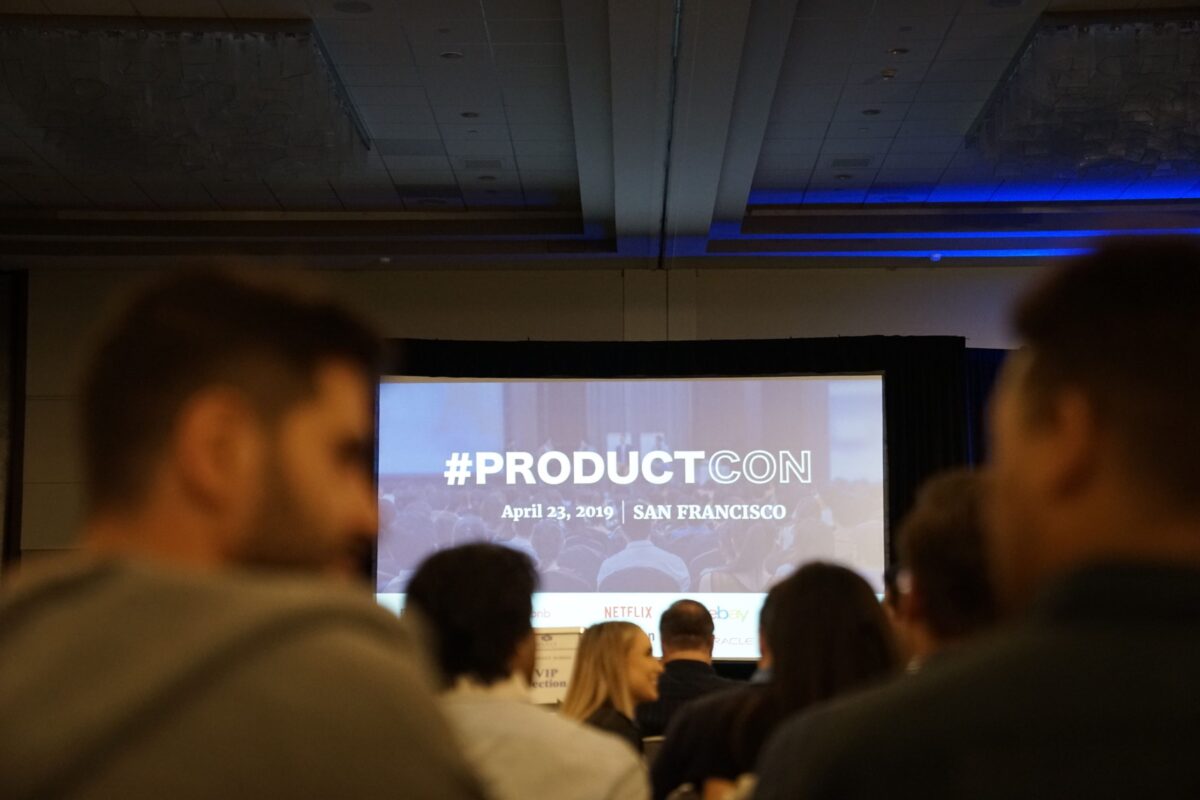“Certain ‘F’ words are more potent than others. Know the ones that move you the most.” – Greg Williams, The Master Negotiator & Body Language Expert (Click to Tweet) Click to get the book!

“Negotiator – How To Avoid Catastrophe From The ‘F’ Bomb”
… and there it was. She dropped it like a missile, falling silently from the sky. She’d done it so stealthfully that her act caught him by surprise and completely off guard. Thus, he didn’t have an immediate comeback. Worse, he fumbled in his mind for a retort and found nothing there. The ‘F’ bomb had just hit him. And it created a mini catastrophe.
As a negotiator, how many times has someone dropped an ‘F’ bomb on you? Were you staggered by its occurrence? There are many types of ‘F’ bombs that a negotiator can employ during a negotiation. And they may not be what you’re thinking.
Continue, and you’ll discover why some ‘F’ words are more potent than others, and how they affect you in a negotiation.
Fair
“I want you to be happy with this negotiation. So, I’m going to be fair to you. Will you be fair to me?” The responder said, “I always strive to be fair in my negotiations!” Note that there was a response, but not necessarily to the question asked. The responder knew, the perception of being fair was open to interpretation, which could prove to be a trap in a negotiation.
What’s your perspective about being fair? That’s a question to ponder as a negotiator. The reason being, your view of what’s fair will more than likely differ from your negotiation counterpart. Even when there’s a slight perceptional difference, it can have a significant impact on the interaction that occurs during the negotiation. And that impacts the direction of the talks, which influences the next engagement you have with that person. That’s yet another reason I say, “you’re always negotiating.”
Suffice it to say, the word fair has a significant impact on how parties engage with one another, and eventually, it impacts the outcome of a negotiation.
Friend
Let’s be friends. This ‘F’ word conjures up congeniality, non-threatening interactions, etc. For the unsuspecting negotiator, it can be the wolf in sheep’s clothing that takes you to slaughter.
It can be challenging to negotiate with friends. That’s due to the mitigating circumstances of friendships. Thus, want or need to maintain a good relationship could supplant your self-desire for the best outcome. And that could lead you to make more concessions. That’s why you should be on guard when negotiating with friends or those that profess to be your friend. To avoid a catastrophe, set the ground rules ahead of time, so you and your friends are not offended by the negotiation outcome.
Feign
“Oh, how dare you make such a ridiculously low offer. I’m offended! Others said you are a fair negotiator, someone that would not try to take advantage of me.”
What just happened? The opposing negotiator may have been feigning bruised feelings due to a counter-proposal or offer you made. What he’s attempting is to get you to behave in a manner that suits his goals for the negotiation.
When you’re in that situation, retort, you’re trying to maximize the outcome just like he’s doing. And then ask what offer he thinks would be good. After he responds, flip the offer, and ask if he’d take it. If he says yes and it’s to your advantage, accept it.
Fight
Another ‘F’ bomb to be very vigilant of is the word fight. The other negotiator may present it as “there’s no need for us to fight.” The term itself could evoke bad memories from past battles in you. And that may subconsciously cause you to lower your negotiation guard, due to previous skirmishes you’ve had.
Words have power, and certain words convey more power based on how, when, and with whom they’re used. Keep your wits about you and don’t fall prey when someone suggests you not fight. If you lower your guard, you may be setting yourself up for the negotiation equivalent of a sucker-punch.
The Big ‘F’ Bomb
When someone uses this ‘F’ four-letter profanity word, they’re displaying a lack of respect, intimidation, or rudeness. Whichever category they’re in, they’re attempting to alter your perspective by jolting you. They might be trying to shake you out of your state of serenity just enough to make you bend to their will.
If you feel threatened or intimidated, let the other negotiator know, you won’t negotiate under those circumstances. You must be prepared to put an immediate halt to such actions, to regain control of the negotiation, less you give them more life. If you provide the behavior more substance, you’ll only sink deeper into the quicksand of despair, which will be the doorway leading to a catastrophe.
Fear
As much as the big ‘F’ bomb might alter your thought process, there’s another ‘F’ bomb that you should be aware of, and that’s fear. Fear can debilitate you, emotionally, mentally, and physically. That’s why it can wreak havoc on your mind, spirit, and soul. It can be daunting to control the perception of fear. But it doesn’t have to leave you in an uncontrollable position.
When you sense fear during a negotiation, assess its source. Attempt to rationally understand what you’re sensing and why you’re experiencing the emotions you have at that point. Question if it was something you saw, heard, or felt. The purpose of identifying the source is to understand the origin of the fear you’re sensing. Once you can identify that, you have a better chance to understand what’s occurring within you. If necessary, call a time-out and back away from the negotiation table. Doing so will allow you to clear your head. It will also let you see what your opponent will do next.
Reflection
As a negotiator, I’m sure you’re aware that many distractions can lead to an unsuccessful negotiation outcome. And the use of ‘F’ bombs is but a few of the things that can lead to a catastrophe. To decrease the probability of having your negotiation train-wrecked, observe when and how the opposing negotiator drops the ‘F’ bomb on you. It can be applied haphazardly, or with the intent to cause you mental anguish. Regardless, if you adopt a position to defend yourself, you’ll be positioned better to control the negotiation. And everything will be right with the world.
Remember, you’re always negotiating!
Listen to Greg’s podcast at https://anchor.fm/themasternegotiator
After reading this article, what are you thinking? I’d like to know. Reach me at Greg@TheMasterNegotiator.com
To receive Greg’s free “Negotiation Tip of the Week” and the “Negotiation Insight” click here https://www.themasternegotiator.com/greg-williams/
#Catastrophe #Bomb #csuitenetwork #thoughtcouncil #Bodylanguage #readingbodylanguage #Negotiation #Control #Conversations #NegotiationStrategies #NegotiationProcess #NegotiationSkillsTraining #NegotiationExamples #NegotiationTypes #ReadingBodyLanguage #BodyLanguage #Nonverbal #Negotiate #Business #SmallBusiness #Negotiation #Negotiator #NegotiatingWithABully #Power #Perception #emotionalcontrol #relationships #BodyLanguageExpert #HowToNegotiateBetter #CSuite #TheMasterNegotiator #ControlEmotions #GregWilliams #success #negotiation examples #Negotiation strategies #negotiation process #negotiation skills training #negotiation types #negotiation psychology #Howtowinmore #self-improvement #howtodealwithdifficultpeople #Self-development #Howtocontrolanegotiation #howtobesuccessful #HowToImproveyourself




















